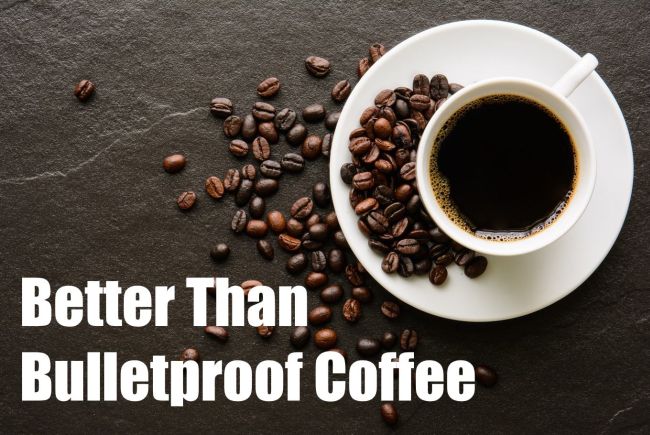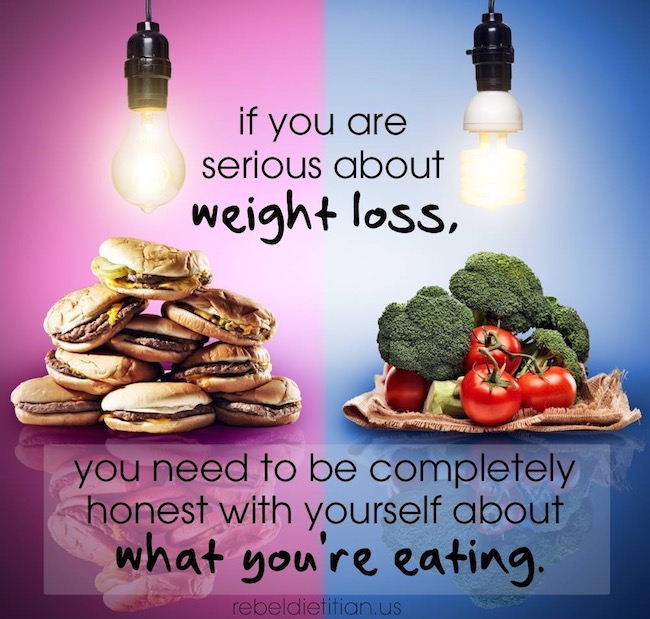I decided that I should write a bit about coffee as I drink a lot of coffee and wanted to know a little bit more about it’s health benefits and drawbacks.
What I found was a little scary but also interesting on the good side.
Why coffee is good
First of all the good side of that morning cup of coffee and getting a coffee grinder online. There are studies that have shown that coffee can protect against Parkinsons disease as well as Alzheimers, although I am not sure that hospitals are going to start hopping up old people on caffeine to test whether they will be able to remember any better.
There is also a bit of research that shows that coffee and caffeine can help prevent Cirrhosis of the liver but also I am not sure if it is also a good idea to down a cup of coffee after a night of drinking just hoping that the coffee will help your already ailing liver.
One of the big advantages as you can imagine is the boost to the central nervous system, some bodybuilders will drink strong coffee before a workout to improve their strength and endurance during the workout and I have tried this as well, It Works.

Caffeine’s primary mechanism in the brain is blocking the effects of an inhibitory neurotransmitter called Adenosine.
By blocking the inhibitory effects of Adenosine, caffeine actually increases neuronal firing in the brain and the release of other neurotransmitters like dopamine and norepinephrine.
Many controlled trials have examined the effects of caffeine on the brain, demonstrating that caffeine can improve mood, reaction time, memory, vigilance and general cognitive function
Why coffee is bad
Now for the bad news.
There is some research as well on the bad side. Coffee can cause irritable Bowel Syndrome as well as heartburn and in the long term has been linked to Osteoporosis.
We know the short term downside of course, shakiness, concentration problems and and an elevated chance of a heart attack. One of the things that drives me really crazy about coffee is the caffeine crash.
I can feel a little bit like a junkie in the morning drinking a couple cups of coffee and after the energy drop an hour or so later I am looking for sugar or more coffee to try to get me going again.
One of the big problems with many people is that they replace a good breakfast with a couple of cups of coffee.
This coffee for breakfast habit means that in addition to having the elevated heart rate they are also living with a far less healthy diet than the non caffeinated people around them.
How much coffee can you drink
The Canadian government advises that people should not have more than 450 milligrams of caffeine a day which is roughly three 8 ounce cups a day also the equivalent of about 10 cans of pop.
Energy drinks are no better but a Red Bull is going to have the caffeine equivalent of about two cups of coffee and if they were any cheaper I know I could personally put away three or four a day, good thing I’m cheap and won’t pay the money for them.
Caffeine Levels of Common Drinks
| Brewed coffee | 6 | ounces | 83 | ||
| Instant coffee | 6 | ounces | 60 | ||
| Coffee-grain blends | 6 | ounces | 14-37 | ||
| Decaffeinated coffee | 6 | ounces | 3 | ||
| Leaf tea | 6 | ounces | 41 | ||
| Instant tea | 6 | ounces | 28 | ||
| Colas and Dr Pepper | 12 | ounces | 40-72 | ||
| Cocoa | 6 | ounces | 10 | ||
| Chocolate | 1 | ounces | 5-10 | ||
There are good reasons as we see to getting unhooked from the coffee habit but it can be very difficult. The first morning or two after you stop drinking coffee you will have headaches and be very dragged out energy-wise.
The best way to combat these problems is to drink lots of water throughout the day to try to hydrate yourself and also to keep moving around if possible.
If you can increase you exercise you will have less of these bad withdrawal symptoms and before long you will find that you have more energy than you had before when you were over caffeinated.
Now maybe it is time to take my own advice.




